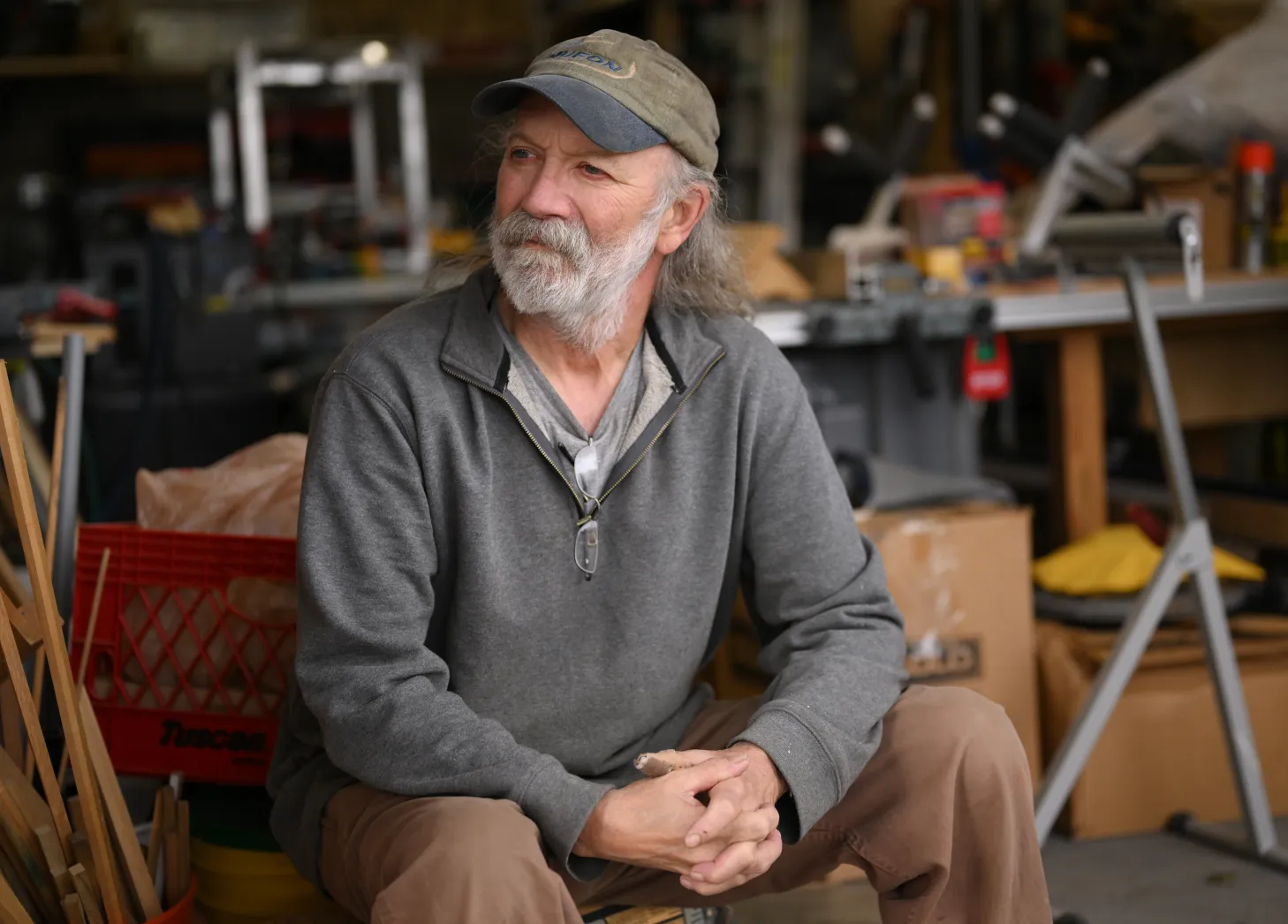Alcohol addiction treatment is available in Colorado, but people struggle to get the help they need

The Denver Post by Meg Wingerter, January 4, 2024: Some people with addiction face insurance hurdles, unaware of options beyond AA or rehab.
Warren Musselman credits his post-alcohol life to two things: finally finding a program that offered counseling he could connect with, and deciding he just couldn’t suffer through withdrawal again.
He’d already cycled through detox centers 27 times.
“For me, what finally took is that I got sick to death of going through detox,” Musselman said.
Withdrawal from alcohol is an uncomfortable process at best and can be dangerous without the right medications. Musselman, of Estes Park, said it was only during his last stay that he received help to understand why he drank, and learned how to cope when he went home. Before that, he had only encountered 12-step programs, which he found overly rigid.
“You’ve spent years not having any other tool (than alcohol) to deal with that depression or anxiety, so you use that tool even though it makes things worse,” he said, adding that he learned other options in counseling. “Stopping drinking doesn’t fix the problems that drove the drinking.”
There’s a pressing need for more people to find suitable treatment in Colorado, which has one of the highest rates of alcohol-related deaths in the country. The number of people dying in the state from causes related to drinking spiked more than 60% from 2018 to 2021, before falling slightly in 2022. When researchers count those who died of long-term conditions linked to alcohol — liver disease, certain cancers — drinking killed more Coloradans than opioid overdoses. While the state has made efforts to expand drug and alcohol treatment, it has done little to prevent excessive alcohol use in the first place.
This is the final story in The Denver Post’s four-part series examining what the state could do to curb Colorado’s high rate of alcohol-related deaths, which consistently rank in the top 10 among the states. Previous articles focused on how increasing taxes and limiting access to alcohol could reduce excessive drinking, while today’s story looks at how Coloradans have sought — and sometimes failed to find — treatment that could help them or their loved ones.
Read more from The Denver Post here.




